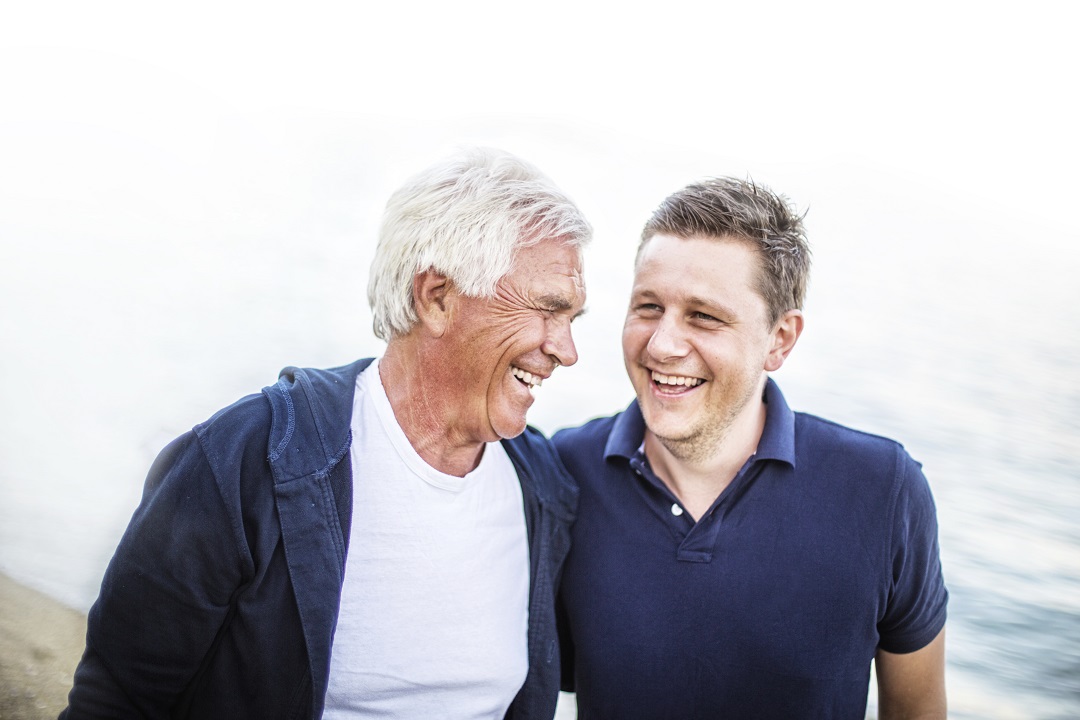If you’re battling an addiction, it can feel overwhelming, hopeless and completely isolating. And while these feelings are valid, they should not prevent you from pursuing recovery. The stages of addiction recovery are different for everyone, and the roadmap is not one-size-fits-all, but by following certain steps needed to reach recovery, you’ll find healing from addiction more accessible than ever.
The following seven steps break down that process, from addiction to recovery, and offer concrete tips and resources along the way to help you reach and maintain freedom.
1. Admit to your friends, and to yourself, that you are struggling
This step might be the hardest one; opening up to your loved ones about addiction and asking for help takes a tremendous amount of courage. But strength isn’t found in ignoring struggles; it’s found in admitting our weaknesses and seeking help when you need it most. As challenging as it is, accepting the fact that you’re struggling, and opening up to those you trust, is the most important step in overcoming an addiction.
2. Find support from day one
Support from family members and friends during your recovery process can make the difficult days more manageable. However, you’ll also need professional help from a licensed mental health specialist who understands the struggles, challenges and victories you’re likely to experience along the way. Whether you opt for virtual counseling, face-to-face addiction therapy or even anonymous support groups led by certified mental health authorities, make sure you infuse your addiction recovery process with a healthy dose of professional mental health treatment.
3. Detox through your first days of sobriety
No matter the kind of addiction you’re looking to end, the detox period will likely prove a difficult one.
Whenever you remove an addiction from your life, the abstinence period can yield all sorts of personal responses. You’re likely to experience physical and emotional reactions, as your body and mind together cope with the removal of the addiction. Let’s make one thing very clear: every second you spend fighting against the effects of your detox period, every second you spend free of your addiction, is a victory. Even if you’re only seconds, minutes or hours into your detox, you’ve already accomplished crucial steps toward freedom.
Beyond the physical responses of detox, you will most likely experience some emotional responses, including:
- Temporary anxiety or stress
- Difficulty falling or staying asleep
- Emotional discomfort
- An inability to concentrate
Remember: the effects that a detox period has on your body and mind are temporary and a small price to pay for a successful, sustained recovery.
4. Rewrite your daily routine
Take time to examine your entire daily and weekly routine, focusing on junctures where you would typically fall prey to your own addiction. What contributed to those moments? Did you initially resist before giving up? How can you avoid the moments of isolation, loneliness, vulnerability or temptation that directly fed the addiction? Whether it’s a mobile application for hourly accountability, daily check-ins with a therapist or simply the self-discipline of avoiding old habits, rewrite your routine to pave the way for a better, more productive and focused schedule.
5. Celebrate small victories
Even before you’re totally home-free, you’ll start to experience small victories as you progress through the stages of recovery. You’ll notice sunny days; you’ll finally find the energy to clean the house, take a walk or enjoy a movie; you’ll find it easier to speak to friends and family members with kindness; you’ll opt for healthy choices more easily.
When these moments happen, no matter how small, take the time to thoroughly enjoy them, before thoroughly congratulating yourself. Even though there are hard moments to come, these moments are a sign that you’re well on your way toward a happier, sober you. And that’s something worth celebrating.
6. Know the signs of relapse
During addiction treatment, setbacks will happen. Now that you’re beginning to distance yourself from addiction and all of the negative consequences it imposed on your life, relapse becomes a real threat. The first step in avoiding relapse is simply learning to recognize the triggers which cause you to fall into old patterns of behavior. Learn to avoid moments of weakness or vulnerability, remove yourself from temptation and/or find an accountability partner to help you avoid addiction relapse.
7. Remain committed to the steps
Whether this means adhering closely to the new routines you’ve put into place for yourself, attending all scheduled meetings with your therapist or taking the steps to make dramatic changes in your life to help you start fresh, don’t give up. It can feel more difficult than it’s worth, but the truth is, recovery is worth every single trial you’ll face. Build up a community of support around yourself to help on the worst days, relish in the victories and keep your goal always in mind.
Support during the stages of recovery
If you’re in need of a counselor or additional treatment options to help you persevere through the stages of recovery, help is available. From inpatient treatment to outpatient options, Real Recovery offers levels of care designed to meet each individual no matter where in their journey they find themselves.
To learn more, contact Real Recovery today by calling 855-363-7325.





